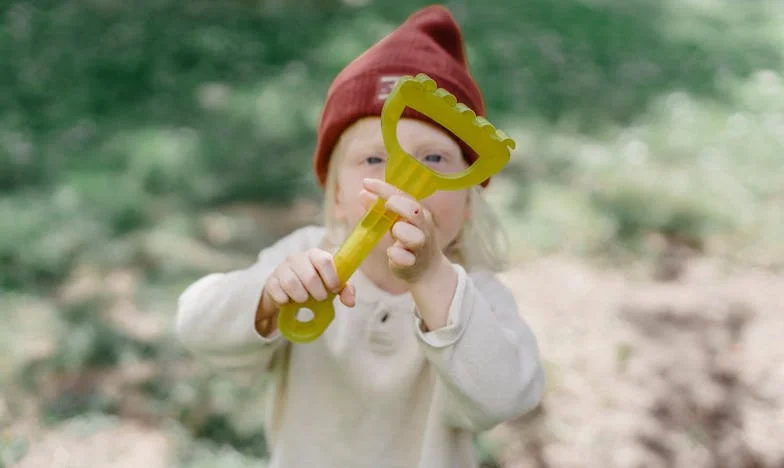Navigating New Beginnings: Preparing Your Child for Daycare or School
Transitioning to daycare or school is a significant milestone in a child’s life, as well as in the lives of their parents or guardians. It marks the beginning of a child’s formal education and their first steps into a larger world outside the family home. Preparing your child for this change is crucial to ensure they adapt well and thrive in their new environment. Drawing from real-life examples, this article offers insights and strategies to help your child embrace this new chapter with confidence.
Understanding Your Child’s Needs
Every child is unique, and understanding their individual needs is the first step in preparing them for daycare or school. For instance, Benjamin, a four-year-old with a shy and reserved nature, may require more time and encouragement to feel comfortable in a new setting compared to Alyssa, a three-year-old who adapts quickly to new environments and enjoys meeting new people. Recognizing these differences allows you to tailor your approach to suit your child’s personality.
Fostering Independence
One of the key aspects of readiness is fostering independence in your child. This includes teaching them basic self-care skills such as dressing themselves, using the bathroom independently, and washing their hands. Susan, a mother of two, found that creating a morning routine where her son, Henry, was responsible for picking out his clothes and getting dressed, significantly boosted his confidence and independence before starting kindergarten.
Social Skills Development
Developing social skills is another critical area of focus. Encourage your child to interact with peers through playdates or community activities. Adam, for example, was initially hesitant to interact with other children at the playground. However, through regular visits and gentle encouragement from his parents, he gradually became more outgoing and learned the value of sharing and cooperation—skills that are invaluable in a classroom setting.
Academic Preparation
While academic skills are important, the focus should be on fostering a love for learning rather than mastering specific knowledge. Reading to your child daily, like Kimberly does with her daughter Alyssa, not only improves their literacy skills but also stimulates their imagination and curiosity. Simple activities such as counting objects, recognizing colors, and identifying shapes can also be incorporated into everyday play.
Emotional Readiness
Preparing your child emotionally for the transition is equally important. Discuss what daycare or school will be like, emphasizing the positive aspects such as making new friends and learning new things. Books about starting school can be particularly helpful. For instance, reading stories about characters who are also starting school helped Benjamin feel less anxious and more excited about his first day.
Conclusion
Preparing your child for daycare or school is a journey that requires patience, understanding, and support. By fostering independence, developing social and academic skills, and preparing them emotionally, you can help your child navigate this transition successfully. Remember, every child’s readiness timeline is different, and what works for Susan’s son Henry may not work for Kimberly’s daughter Alyssa. The key is to be responsive to your child’s needs and to approach this significant milestone with optimism and encouragement.
